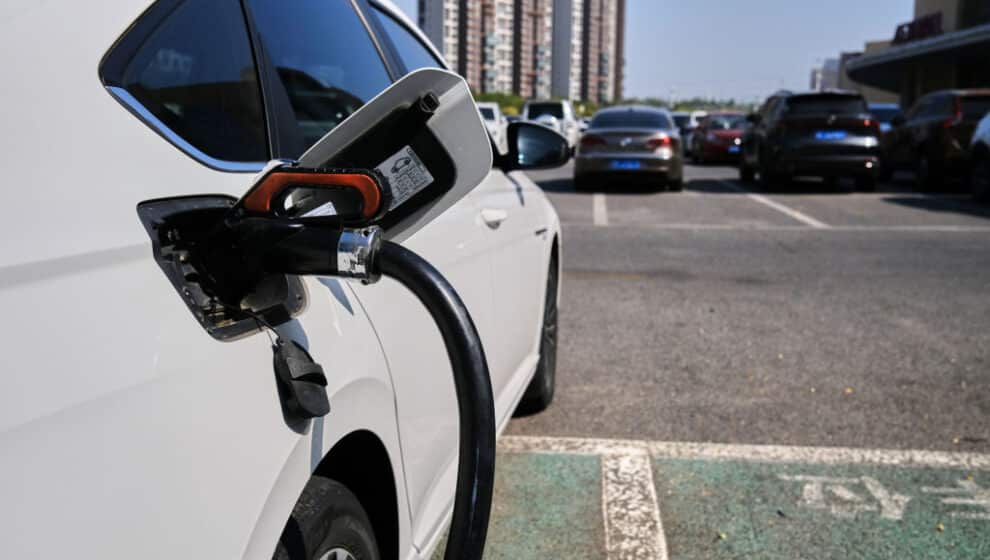Once for the wealthy or environmentally friendly, electric vehicles (EVs) are starting to hit the mainstream in the U.S.
Key Details
- EVs have been slowly climbing the ranks in the U.S. and are now becoming mainstream as many more drivers opt for electric cars.
- Battery-powered cars are now the fastest-growing segment in the auto industry, jumping 70% in the first nine months of the year from the same time in 2021, according to data from research firm Cox Automotive.
- Although EVs are the fastest-growing segment a big factor is holding people back—not enough chargers.
Why it’s news
EVs have been steadily growing in the last few years, especially overseas, as more people are trying to be more environmentally friendly.
Now in the U.S. EVs are starting to become mainstream and take over American roads.
Gas-powered cars are still the number one sold cars in the U.S., but EVs are moving up fast. EVs share of new vehicle sales jumped from 2.9% to 5.6% in the first nine months of the year compared to the same time in 2021, according to Cox Automotive.
Not only are EVs good for the environment, but electric cars can do many other things as well. The vehicles are more green than gas powered cars, cost efficient, and can even power a whole house during a blackout.
While the vehicles can do all of these things, the lower costs are one of the biggest selling points for these vehicles. Families can save thousands in gas each year by switching to electric which is the driving force for many buyers.
What’s holding people back
One big thing holding many people back from making the switch to EVs—there aren’t enough charging stations in the U.S.
EVs can be charged at home, but when making a long road trip the vehicle will have to make a stop and many places in America don’t have enough access to chargers.
Some people feel anxious at the thought of not being able to find a charger when making a trip so keeping a gas powered car is a better option.
The government has realized this problem and has begun rolling out EV chargers across the nation in hopes for more people to make the switch.
Money from the Inflation Reduction Act is beginning to fund big projects—like electric-vehicle (EV) chargers. In September all 50 states were approved to begin construction on the first ever nationwide EV charging station network.
EThe network will place a charging station roughly every 50 miles along interstate highways, as part of President Joe Biden’s plans to have zero-emission vehicles be the main drivers on roads.

